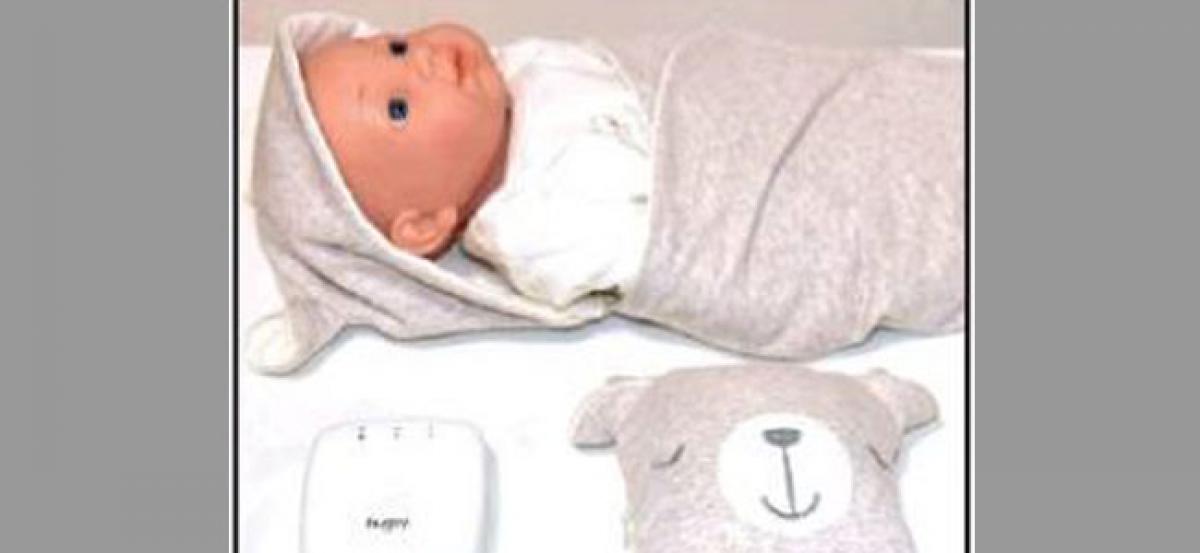Live
- Centre sanctions Rs 3,417 crore for 90 infra projects in Northeast states
- APSPDCL gearing up to promote solar panels
- Operation Chabutra conducted in Nalgonda town at midnight: DSP Sivarama
- Devotee rush normal in Tirumala to take 10 hours for Sarvadarshans
- ED team attacked in Delhi’s Bijwasan area during cyber crime probe
- Vijay Sales Announces its Black Friday Sale: Get upto 65% off at its retail stores and website
- Orient Cronos Pro Geyser Review: A Reliable Water Heating Solution for Modern Homes
- Don’t upload pix online, girls told
- Tenders called for new railway line
- Dr. Reddy's launches Toripalimab in India to treat rare form of head & neck cancer









